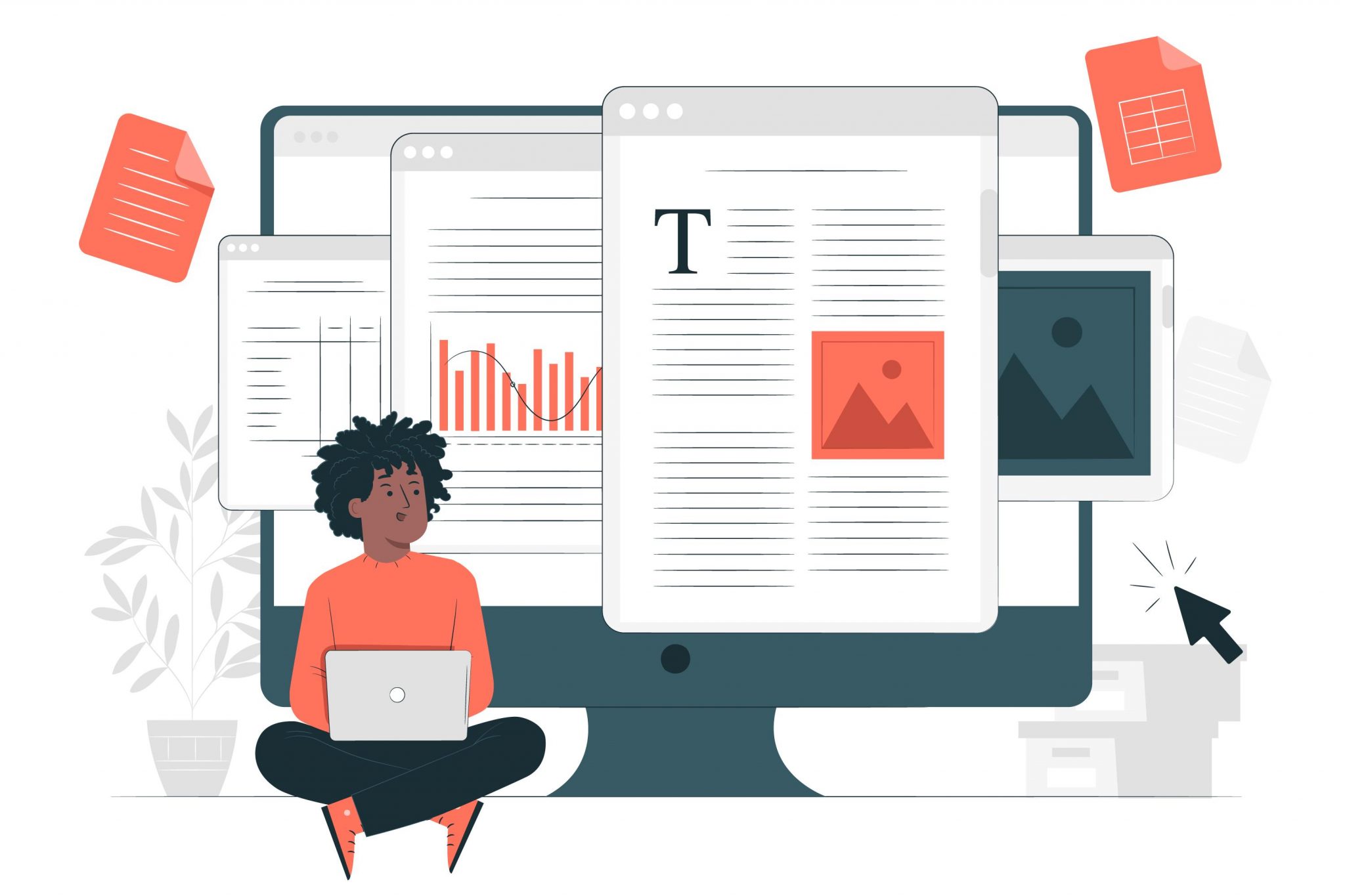Death of the PDF? Not quite, but accessible alternatives are quickly becoming necessary
 InclusiveDocs
InclusiveDocs
Governments in many countries are addressing accessibility in the digital realm very seriously now. For example, in December 2020 the UK government updated its content design guidance for open formats. The update has underlined its commitment to open standards and mandated GOV.UK publishers to provide accessible alternatives to PDFs.
The guidance now states, “If you publish a PDF or other non-HTML document without an accessible version, you may be breaking the law.”
Laws and guidelines like this are sure to follow in short order in Canada, the United States and other countries. This chart gives current information about accessibility laws in different countries.
This trend away from static documentation (PDF) has significant ramifications for anyone managing large, content-heavy websites or institutions where their catalogue of documents has been converted to PDFs as a first attempt at providing accessible digital data. As technology improves and the digital world steps away from PDFs, pressure will grow on all companies to ensure that their content is presented in ways that are accessible to all users. It’s only fair.
The popularity of PDFs is precisely because they are quick to produce, easy to upload and have long been seen as a shortcut to digital publishing, but they are typically less accessible than their HTML or open document equivalents. They are sometimes impossible for people to read because they’re not designed to be read on-screen, and they are harder to maintain and so easily become out of date. In truth, PDFs are a poor choice for content that’s designed to be consumed online, especially for users with visual accessibility needs, but until now they have been an affordable, easy way to be compliant.
PDFs were never a great format for digital content but they serve their purpose in other ways. They are important for users who like or need to print, and in making print-first content available online. They continue to fill a valuable role and are not going away any time soon, but there are now better ways to provide accessible information. The decline of PDFs has been signalled for well over a decade. We’re seeing real progress in accessible content. This decision will remind content designers, digital strategists and coders that what’s being signalled or encouraged now may well become mandatory in the future.
Subscribe to my newsletter
Read articles from InclusiveDocs directly inside your inbox. Subscribe to the newsletter, and don't miss out.
Written by
